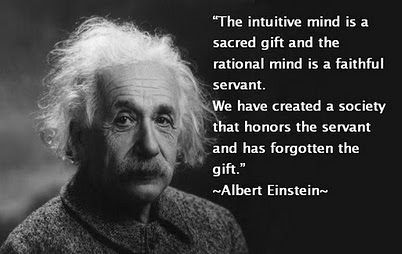Sorry but if DS9 was as great of a show as it's made out to be it would've gotten the ratings TNG got, instead of eventually getting beaten by Hercules and Xena in the same markets.
Not when it constantly had to fight it's "cousin" shows and do it without studio support.
Berman's general disdain for the show is well known and documented from writer/producer interviews. (Though that turned out to be something of a blessing as well as it allowed them to get around his idiotic restrictions as to story tone and content). That disdain meant few crossovers/cross-promotions, lack of support from Marketing, and cheap shots like trying to Destroy the Defiant in First Contact.
There's no real way to ignore Trek's overexposure in the '90s.
They could have let DS9 carry the torch solo and the "overexposure" would have been reduced, but NOOOO, that would mean acknowledging it was a show with value, far superior to the smarmy, self-righteous and pretentious later years of TNG or the vapid, paint-by-numbers "reset button" Voyager.
DS9 had stronger writing, better-drawn characters who were allowed to live and breathe instead of being locked into their cookie-cutter archtypes, and an amazing 7-year through story that showed us a more realistic look at the Federation, warts and all.

